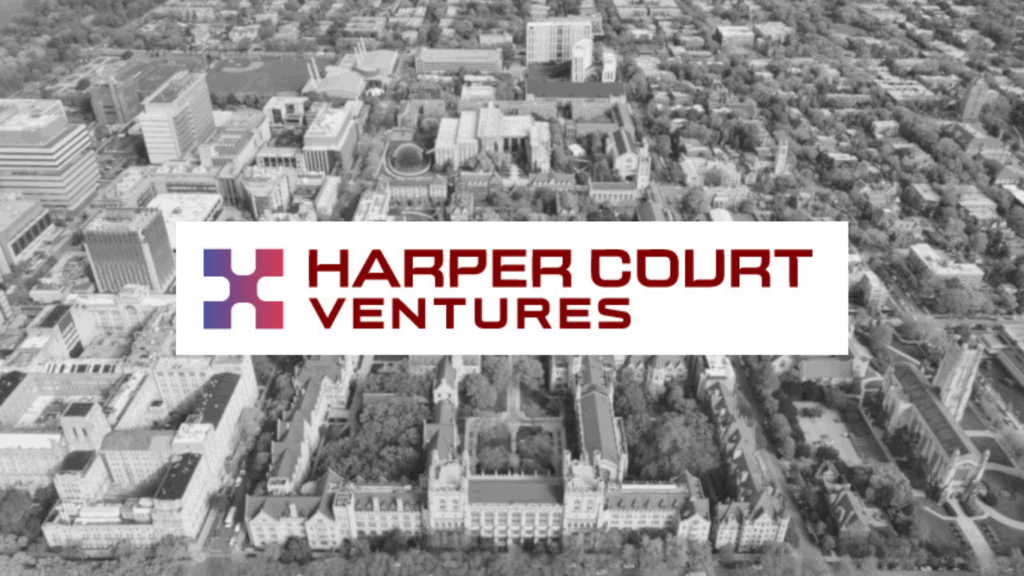Insider Brief
- Australian government announced a $36 million program to help capture the power and potential of quantum technologies.
- The program has two funding stages.
- Grant applications for round one are open until Tuesday, July 2 at 5 p.m.
PRESS RELEASE — The Australian Government has announced the opening of applications for a $36 million program to help capture the power and potential of quantum technologies to address nationally significant challenges and deliver a Future Made in Australia.
“Putting our world-leading quantum know how to work on our big national challenges will be a powerful demonstration of its value to the community,” said Hon. Ed Husic, Minister for Industry and Science. “This program is another way we’re accelerating the development and adoption of quantum technologies in ways that have a practical impact. Whether it’s the Net Zero transition, better medical products, smarter autonomous systems or cleaner, more efficient mining operations, quantum technologies offer a powerful tool to do these things better.”
The Critical Technologies Challenge Program (CTCP) will support Australia’s world-class quantum technology businesses to work with researchers and end-users to develop innovative solutions to market-led challenges of national significance.

The program will accelerate the path to commercialisation for quantum technologies from early-stage when private capital is hard to secure, and drive greater awareness and uptake of quantum technologies in Australia.
Husic announced the opening of the first round of the program at the Innovation Bay Inspire event, with a focus on four nationally significant challenges:
- Optimise the performance, sustainability, and security of energy networks to help the transition to Net Zero.
- Improve medical imaging and medical sensors to support diagnosis, treatment of disease and monitoring activities inside the human body.
- Enhance communication with autonomous systems in varying environments.
- Optimise efficiency and reduce the impact of resource exploration, extraction, and mineral processing.
The program has two funding stages. Stage one will offer successful applicants up to $500,000 funding for feasibility projects. In Stage two, applicants with successful stage one feasibility projects will be invited to apply for up to an extra $5 million to develop technology demonstrator projects and proof of concept.
The Critical Technologies Challenge Program is a commitment of the first ever National Quantum Strategy released last year, and builds on previous quantum investments, including the creation of the Australian Centre for Quantum Growth, investments in Silicon Quantum Computing, and a partnership with Queensland Government and PsiQuantum to secure the world’s first fault-tolerant quantum computer in Australia and associated industry and research benefits.
This builds on additional sources of capital for quantum companies, including through the $15 billion National Reconstruction Fund (NRF) and $392 million Industry Growth Program.
Grant applications for round one are open until Tuesday 2 July 5pm.
More information is available at www.business.gov.au/ctcp.

















